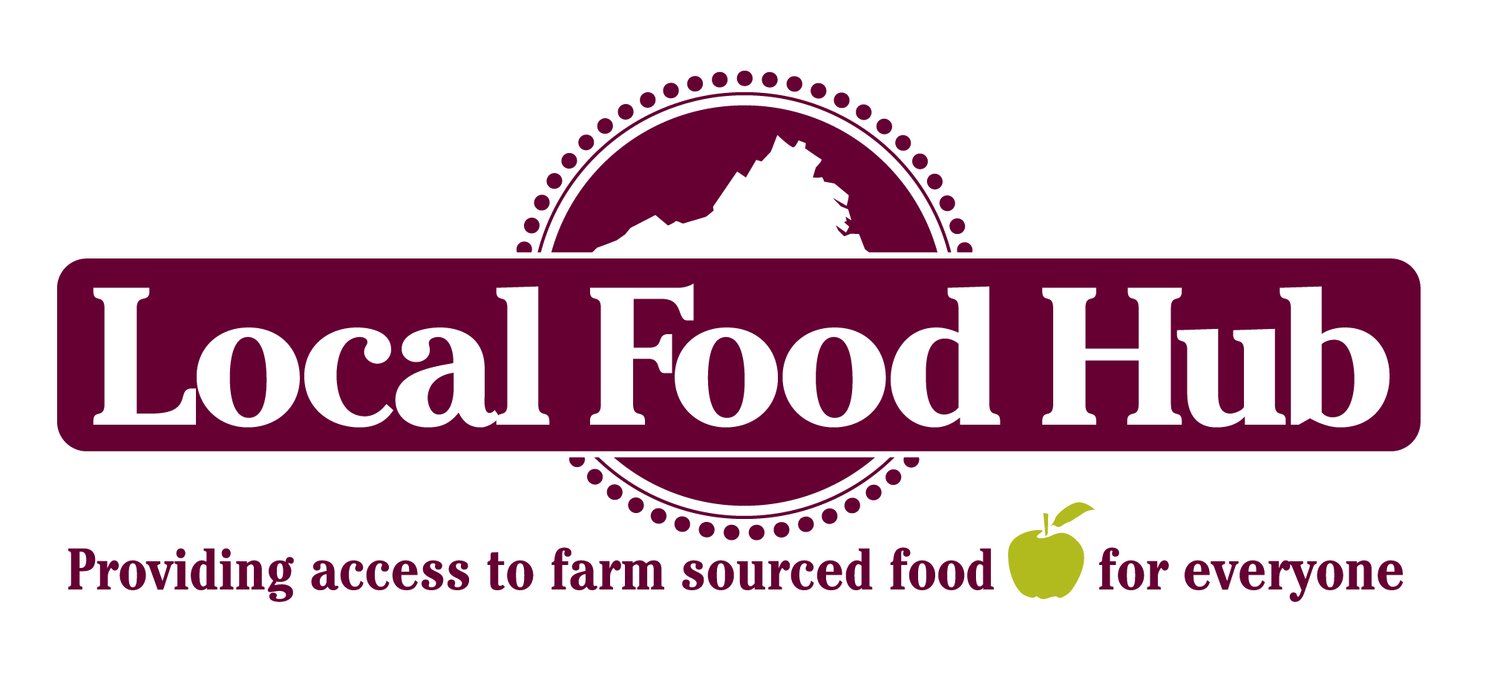The Journey to Creating the Virginia Black Farmer Directory
This piece was written by Grower Outreach and Diversity Coordinator, Briana Stevenson. It is the first of a series where Local Food Hub staff share personal reflections on their work and topics such as food systems and food access. *** As an African American woman I experienced farming and gardening the same way many other black kids do. I didn’t. My Granny had few houseplants and a small growing area on her apartment porch which didn’t get much sunlight. This is a regular experience to those condensed to housing projects or section 8 apartments. In the summer of 2018 I became passionate about learning where my food came from. I began to wonder just how much wisdom was lost in regards to our ancestor’s relationship with the land. The more I learned the more I realized how many of us don’t have the resources and knowledge to have a connection with growing. Recognizing how disconnected we have been from nature and our food with no choice in the first place, I began looking for ways to make an impact.By 2019 I had gone through a Ginter Urban Gardener program where we received a city parcel of land, in Richmonds south side, to beautify as a cohort. Soon the cohort was finished and Broad Rock Community Garden was left without a consistent garden steward. I took that as my opportunity to learn and grow with the city, and stepped up as steward. In two years’ time we were organizing garden events, mindfulness programming, and community engagement that I soon took to other sites. I found myself passionate about connecting with the community and learning how to collectively raise awareness around healthy food access and consumption. I became very aware and affected by the layers of oppression and cultural ignorance that affect black people.Around this time last year, I had dreams about leaving my corporate insurance job to somehow work in agriculture full time. When the opportunity for the Grower Outreach and Diversity Coordinator position at Local Food Hub presented itself, it seemed like a perfect opportunity to combine my love for farming with my love for my people. The Virginia Black Farmer Directory began as a list of black farmers on an excel spreadsheet. Originating with interns at Cultivate Charlottesville, there was a burning need to shine light on black farmers so they can receive the acknowledgement, help, and sales they deserve. Thrilled about my new project, it wasn’t long before decisions needed to be made about what exactly this “directory” would be. It was up to me to decide where to even start.Through constant discrimination and systematic oppression black farm operations have dwindled to under 2% of all agricultural business, reducing the farm land amassed after slavery by 90%. Through denial of farm numbers, grant programs, resources, and so much more, black farmers still face enormous barriers that white counterparts do not. The directory was built to give voice and story to those silenced in their relation with the land and ancestors. I wanted to provide a platform that would highlight black farmers but also give important sales and operation information to increase business.On March 2 we officially released The Virginia Black Farmer Directory. We decided that a free web based platform would make the directory most accessible. The directory includes a map and direction capabilities for all farms and farmers markets they sell at. Featured with their own grower pages, the farmers all have a biography giving background on their farm operation and plans. The pages also include sales notes on products, EBT, and wholesale status. We strove to make this the best resource for not only the farmers but consumers, community partners, wholesalers, and others.This experience has been more rewarding than words can describe. I sometimes still don’t believe I get paid to do the work that I do. Gathering these farmer stories has been a beautiful and humbling experience. It’s been an honor to get to know and work alongside them. Their hope and spirit of perseverance has filled me with gratitude and hope. This work allows me to see a brighter future for black people.I hope this recourse can aid the ongoing attempts at changing a system that’s been broken since creation. I am proud of this attempt to aid the tireless fight of those that have been fighting for hundreds of years, and thankful to be able to share this achievement.
